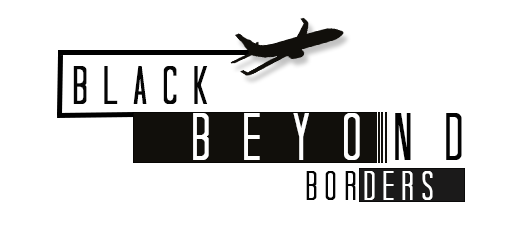Black American or Sierra Leonean Culture...Which Do I Identify With Most?
Without question I identify most with Sierra Leonean culture. It wasn’t until I came to Morehouse College that I had my first real experience with black American culture. It’s hard to put into words why I failed to have experienced black American culture before. To many white Americans, I am viewed as a black American male. However, when I try to relate to the same culture I am associated with, I fail because I was not raised with the same type of “black American experience.” I frequently hear people say that if you are black and in America you by default have a sense of what it means to be black American, but in my own personal journey and comparing my experience to my black American friends, I have not found that to be true. Most of their childhoods have many things in common such as experiences with family, TV shows, struggles, all of which I couldn’t relate to. Indeed culture is not all about the different experiences that they have had that I haven’t, but when they are around people that have shared similar understandings with them, they are able to relate in a way that I can not. I relate most to the people whose parents are also immigrants and have brought their own cultures from their respective countries to their new home in America.
I don’t really feel like there are contradictions between the two cultures. However, I do, feel like there are differences in how the two different cultures are unified. Sierra Leonean culture is very unified. Sierra Leone is such a small country that every one is usually related one way or another, so whenever you meet someone who is also Sierra Leonean, you already know that they eat the same kind of food, do the same type of dances, and have similar backgrounds because the cultural traditions are so strong through out the whole country. Contrarily, the black American experience can be grouped by socio economic status. There are people that grow up in the city who may be from the hood, those who grow up in the suburbs and attend predominately white schools, and those from rural communities. There are so many different types of experiences that culminate the black American experience that it is hard to identify with the experience as a whole.
I do feel a responsibility to unite these two cultures because I am automatically in black American culture by the sole fact that I am black and live in America. I also am Sierra Leonean by blood so no matter what I cannot take that away. Unless I move to Sierra Leone, I can never have one singular experience so I have to be responsible for learning to navigate both spaces while still recognizing that I belong to both. Also, it is important to me because I know when I have kids I want to raise them with the same morals, values, and culture I grew up with in my household. Even though they will not be children of immigrants, they might identify more with black American culture and I have to grow enough to understand that culture and know how to navigate through it.
